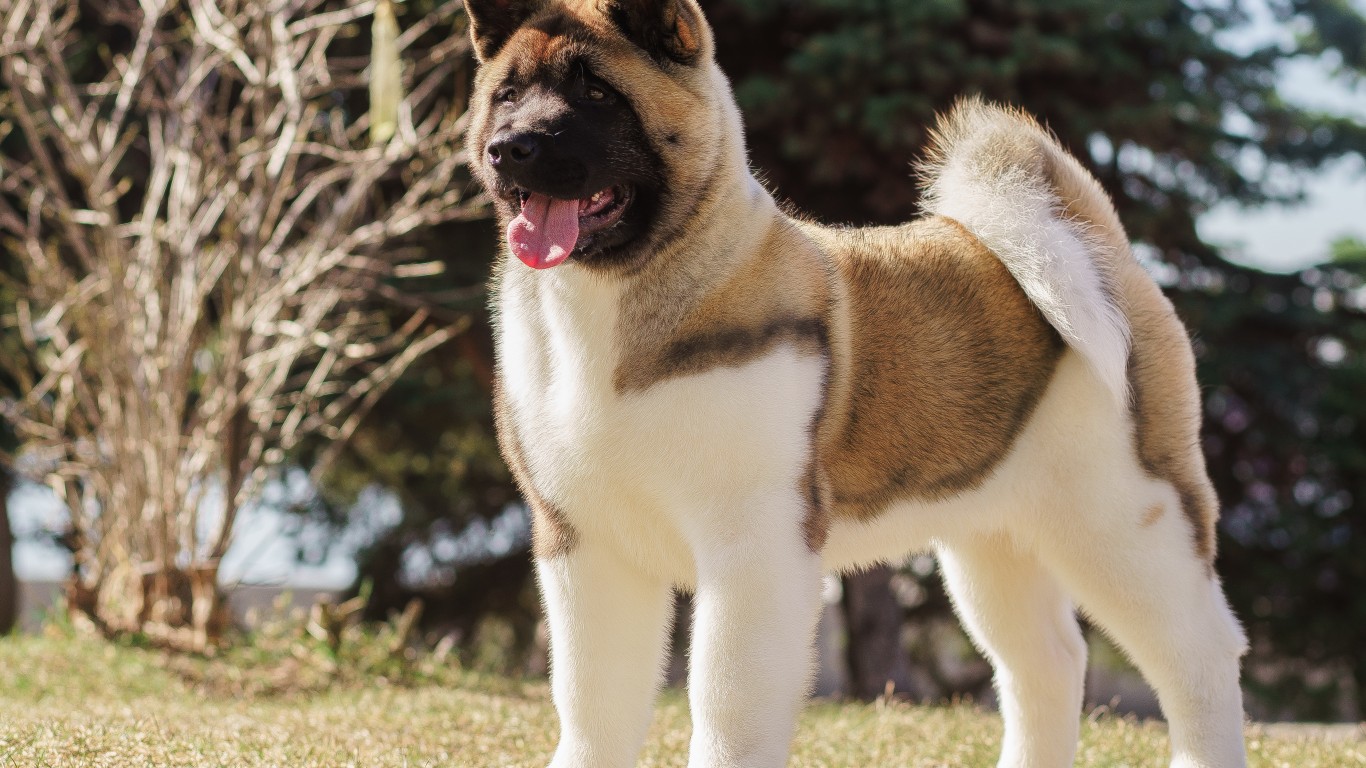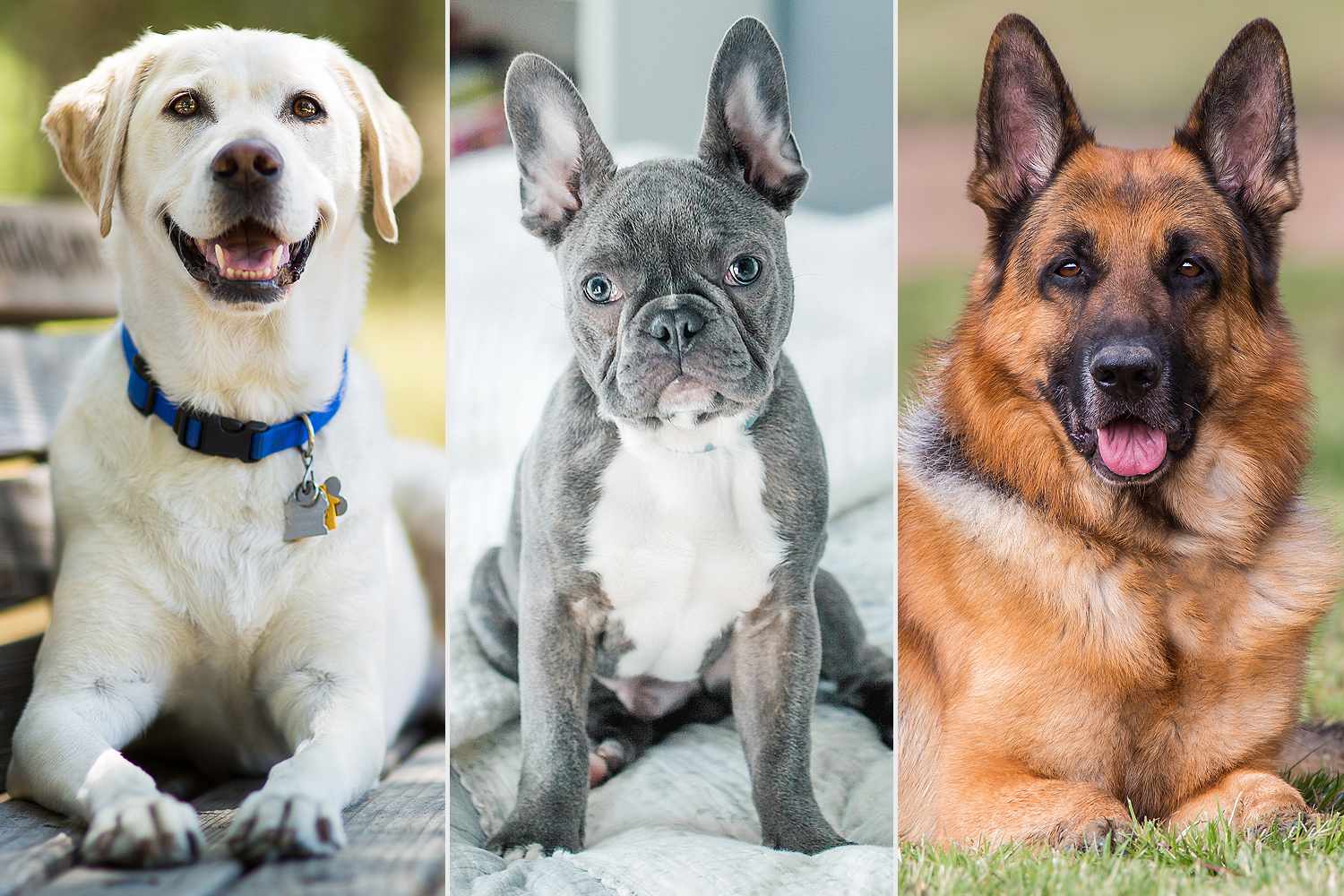
If you are looking for a dog that is friendly and good with children, you should consider purchasing a hound. Labradors and hounds make great family pets. You should train Labradors and Hounds to be less barky.
Bloodhound
The Bloodhound breed can be a very powerful and massive dog. They make a great family pet. This breed is excellent with children. They will tolerate and be patient with your kids no matter what. Despite their powerful, independent character, Bloodhounds are very sociable and get along with other people, other dogs, and cats. They are calm within the home, but can be very vocal and dedicated to their owners.
Bloodhounds are highly active and have high energy levels. Although they may be shy at first, they will soon warm up to you. You can be sure that your bloodhound will remain a loyal companion for many years. However, they can be a little difficult to train, so make sure that you are prepared to be patient with your bloodhound puppy.
Greyhound
Greyhounds can be used as sighthound dogs and are commonly used in racing and coursing. Greyhounds with retired racing records have found new lives as family pets through large adoptions. These dogs have many appealing characteristics, including their easy temperament and loyalty. This makes them a great pet for any family.
Greyhounds make a great family pet. Although originally bred to be a racing dog, they are calm and easy-going. They are friendly with other dogs and can be moderately playful.
Harrier

The Harrier breed is a medium-sized dog belonging to the hound class. These dogs are lively and curious, and can hunt rabbits, squirrels and other small animals. They are also very friendly and loyal. This breed makes an excellent family dog and is very easy-to-train.
The harrier is thought to have been born in England around the 1200s. It was there that they were bred to hunt hares. Although they were not as common as beagles in those times, they quickly became popular in England. British colonizers brought harriers into the U.S. during the seventeenth, eighteenth, and nineteenth centuries. The American Kennel Club first recognized the breed in 1885.
Ibizan Hound
The Ibizan Hound hound is a strong, agile and lean dog. Its coat is made up of two different types of hair: smooth and wire. We are less likely to see wire hair. Wire hair is less common than smooth hair. This breed can have either a short or long hair depending on their preference.
The Ibizan Hound should always be kept inside with plenty of water. A high-quality dog diet should be available. Two meals per day is best. Your veterinarian should discuss your feeding schedule. Make sure treats and other food are out of reach. The Ibizan Hound is also prone to jumping up on other objects and counters.
Portuguese Podengo Pequeno
The Portuguese Podengo Pequeno is an ancient breed of hunting dog native to southern Europe. These dogs have a compact build, short and wiry fur, and pointed ears. These dogs are intelligent and require regular exercise. They are the smallest Podengo breed.
Portuguese Podengos have been featured in several Hollywood movies. Zeus & Roxanne is one of many movies featuring Portuguese Podengos. Other films include Soccer Dog 2, Homeward Bound 2, Cheaper By the Dozen and Monster in Law. These dogs have been recently accepted as an official breed by United Kennel Club. They are eligible to compete at Companion Events or Lure Coursing Events.
Basset Hound

The Basset Hound is a short-legged breed from the hound family. They are excellent scent hounds and were originally bred to hunt hare. They have the most excellent sense of smell and can ground-scent. This trait has made them a popular pet for many people.
The Basset Hound was probably first bred in Europe, where they were crossed with the Bloodhound. They were then introduced to England and the United States. They were popular pets, and even used in entertainment and advertising by the middle of the 19th century. They are popular with both animals and people because of their gentle nature.
American Foxhound
The American Foxhound, a relative of the English Foxhound, is the American Foxhound. Both dogs are scent hounds and were originally bred to hunt foxes. American Foxhounds today are used for hunting deer and other wildlife. While they are most well-known for their hunting abilities, they also make wonderful family pets.
American Foxhounds can be a great choice for active pet owners because of their high energy level, up-for-anything attitude and high energy level. These dogs are great at fetch in the backyard and winning scent-tracking competitions. They are playful and intelligent.
FAQ
What are the responsibilities that pet owners have?
Pet owners must unconditionally love their pet. They must also take care of their basic needs, such as shelter, food, water, and shelter.
They must also teach their pets how to behave. The pet owner must not neglect or abuse it.
He should be responsible enough to clean up after it.
How can I determine if my dog is suffering from fleas
Fleas can be detected if your pet is scratching its fur, licking too much, or appearing dull and untidy.
Flea infestations could also be suspected if you notice redness on your pet’s skin.
For treatment, you should get your pet to the vet as soon possible.
What are the things I should consider before buying an exotic pet?
Before you go ahead and buy an exotic pet, there are several things you need to think about. First, decide if you intend to keep the pet as a pet or sell it. If you want to keep it as an animal pet, you need to ensure that there is enough space. You also need to know how much time you'll spend caring for the animal. It's not easy to care about an animal. But it's well worth it.
If you want to sell the animal you must find someone who is willing to buy it. You should ensure that the person who buys your animal is knowledgeable about how to care for animals. Also, make sure that you don't overfeed the animal. This could cause problems for your animal's health later.
You should research every aspect of exotic pets before you buy them. Many websites have information on many species of pets. Be wary of scams.
What should you consider when getting a pet?
The first thing to consider is what kind of lifestyle you want for yourself and your family. Do you have children? What number do you have? What age are they now? Are there any special dietary requirements for them?
Do you have allergies? Are there any other things you should know about your pet's health?
After answering these questions, consider whether you are looking for an active companion or a calm lap dog, a house-trained pet, or a tank of tropical fish.
You should visit a shelter to meet the dogs and get to know them before you consider adopting them.
It is also important to check if the animal was vaccinated against other diseases and rabies.
Also, inquire about the owner's willingness to take care of your pet while you travel. You won't need to worry about your pet being left at home.
Remember that pets are part of the family, and you shouldn't adopt one unless you really like him or her!
What's the best pet?
The best pet is one that you love. There is no one right answer. Everyone has their own opinion as to which pet is the best.
Some believe that cats are better than their canine counterparts. Others feel that dogs can be more loyal and loving than cats. Others disagree and argue that birds make the most wonderful pet.
However, no matter what pet you choose to have, you need to decide which pet is best for you.
If you're friendly and outgoing then a dog is right for you. A cat might be the best option for you if your personality is reserved and shy.
Also, consider the size of your apartment or house. A smaller apartment will mean that your pet will require a smaller size. A larger house, on the other hand will require you to have more space.
Remember, pets need lots and lots of attention. Pets need to be fed frequently. They must be taken on daily walks. They should be brushed and cleaned.
These are the things that will help you choose the right pet for you.
What are some signs that my pet might be sick?
Many symptoms can indicate that your dog may be sick. Symptoms include:
-
Vomiting
-
Diarrhea
-
Lethargy
-
Fever
-
Weight loss
-
Reduction in appetite
-
Coughing
-
Difficulty breathing
-
Bleeding from the nose
-
In stool or urine, blood can be found
These are just a few. Your vet will tell you what to be on the lookout for.
Should I spay/neuter my dog?
Yes! It is important to spay and neuter your dog.
It does not only decrease the number unwanted puppies, but also reduces the likelihood of certain diseases.
In female dogs, the chance of developing breast cancer is higher than it is in male dogs.
And there is a higher risk of testicular cancer in males than females.
Spaying and neutering your pet also prevents her from having babies.
Statistics
- Reimbursement rates vary by insurer, but common rates range from 60% to 100% of your veterinary bill. (usnews.com)
- A 5% affiliation discount may apply to individuals who belong to select military, law enforcement, and service animal training organizations that have a relationship with Nationwide. (usnews.com)
- It's among a relatively few companies that provide policies with a full (100%) coverage option, meaning you are not responsible for any co-payment of bills. (money.com)
- It is estimated that the average cost per year of owning a cat or dog is about $1,000. (sspca.org)
- In fact, according to ASPCA, first-year expenses can sum up to nearly $2,000. (petplay.com)
External Links
How To
How to choose the perfect name for your pet
When you are considering adopting a pet into your family, it is one the most crucial decisions you will make. Names should reflect the personality and character of your pet.
Also, think about how others might refer you to them. For example, if you plan to use their name when speaking with someone. Last, consider how you wish to be referred too. Do you prefer "pet" or "dog"?
Here are some tips and tricks to help you get going.
-
Pick a name that fits your dog's breed. Look up the names associated to the breed, if you have a good idea of what it is (e.g. Labradoodle). Ask someone who is familiar with dogs to recommend a name that fits the breed.
-
The meaning behind the name is important. Some breeds are named after people or places, while others are just nicknames. The name "Rover," for example, was given to a Labrador Retriever because he was always running around!
-
What would you prefer to be called? Do you prefer to be called "dog?" or "pet?" Would you call your dog "Puppy" or "Buddy"?
-
Make sure to include the owner's name. It's sensible to give your dog an owner's name. But, don't limit yourself by limiting your family's names. You may have your dog as a part of your extended family.
-
Keep in mind that many pets have multiple names. For example, a cat might go by several names depending on where she lives. When she visits her friends, she might be called "Kitty Cat" but "Molly", at home. This is especially true of cats who live outdoors. They may choose to name themselves after the environment in which they live.
-
Be creative There are no rules stating that you have to stick to one naming convention. It is important to pick something distinctive and memorable.
-
Be sure to check that your chosen name does not already belong in the hands of another person or organization. That way, you won't accidentally steal someone else's identity!
-
Last but not least, don't forget to remember that choosing a name can be a complicated process. Sometimes, it can take time to find the right name for your dog. So keep trying until you find the perfect match!